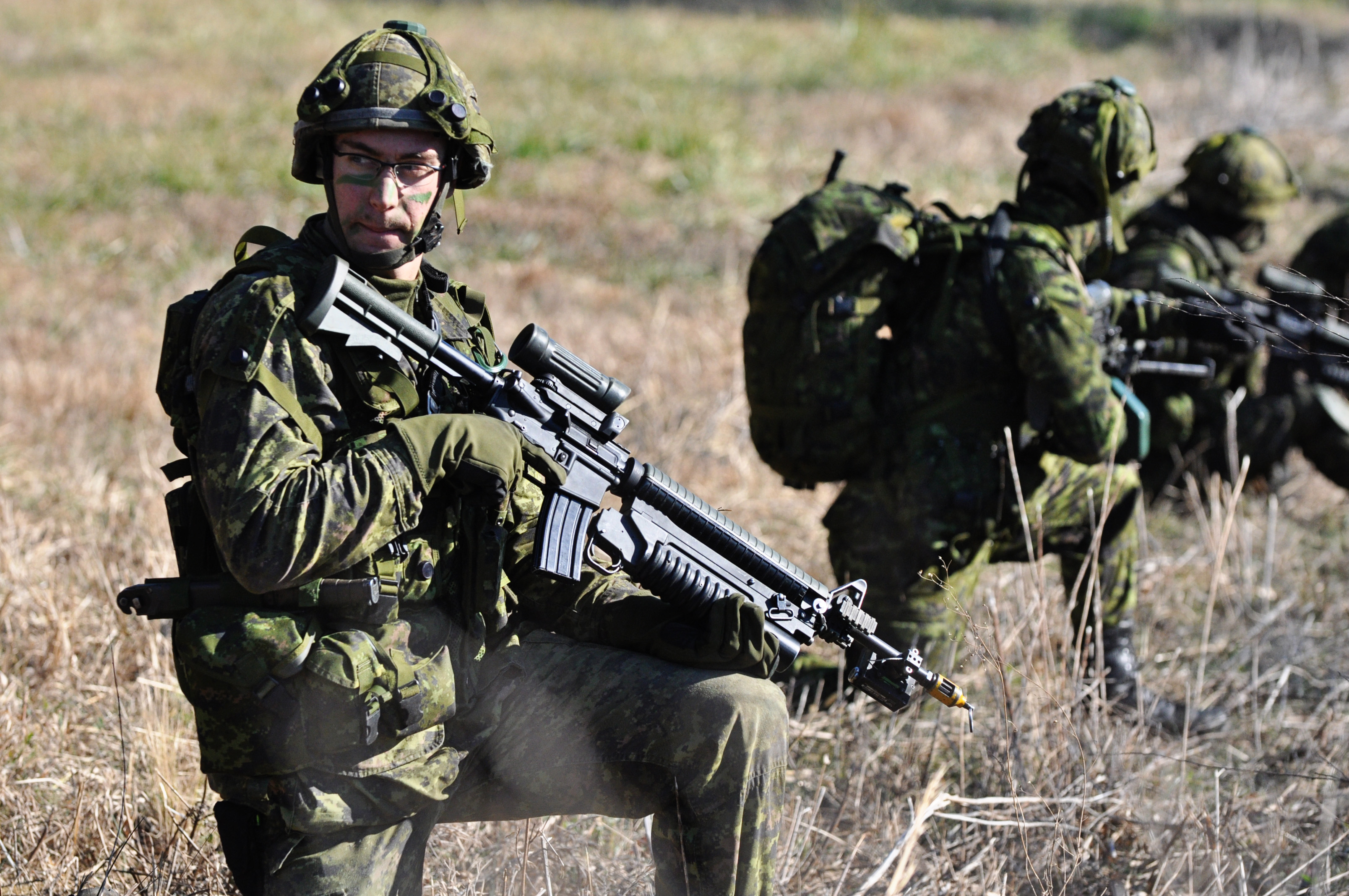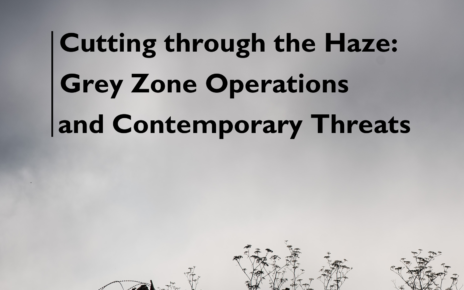Monday October 17, 2016, marked the beginning of what will likely be (at least) a two-month operation for the Iraqi Security Forces and Kurdish Peshmerga. However for the Canadian Armed Forces (CAF) and the US-led Coalition against Daesh, this operation has been over two years in the making. The “Mosul Offensive”, which officially began in 2015, is the mission to reclaim the Northern Iraqi city of Mosul. As part of Operation Impact (Canada’s contribution to the coalition against Daesh), Canadian Forces have been on the ground in Iraq since 2014, training mainly Kurdish Forces in strategic techniques for executing an offensive strike against Daesh. This long anticipated operation has only just begun, and we will soon see if the efforts of the Coalition will assist in driving Daesh out of Mosul once and for all.
Mosul is a significant city in the global fight against Daesh. In addition to the estimated one million civilians believed to still be living in distress in Mosul, which presents a major humanitarian crisis, Mosul also holds symbolic significance. It was in Mosul that Daesh first claimed its caliphate in 2014, and it remains the largest city to be overtaken by the extremist group.
Canada’s role in Iraq was mandated as non-combative, except in cases of self-defence. Although said to be in defence of themselves, civilians, or allied forces, Canadian troops have recently had to engage on multiple occasions in direct firefight with Daesh. Canada’s increasing combative role is not surprising, as there has also been a shift in the Peshmerga and Iraqi Security Forces from defence to offence.
Canada has primarily been advising the Kurdish Peshmerga in their fight against Daesh, however what began as classroom learning has evolved into active battle advice, now that the Mosul Offensive is underway. As the Peshmerga advance from the East, travelling the 85 or more kilometers from Iraqi Kurdistan, Canadian generals are there with them (though apparently not on the frontline), and are also in the Kurdish capital of Erbil, providing intelligence and advice to the advancing armies.
Intelligence gathering has been one of Canada’s major roles in Iraq, especially in the months leading up to the Mosul Offensive. May 2016 marked the development of an All-Source Intelligence Centre by the Canadian Forces, tasked with collecting and analyzing information to be used to protect Coalition forces and advance the Coalition agenda. Now, above the battle for Mosul, Canadian spy-planes have been tasked with reconnaissance, locating Daesh strongholds for potential airstrike targets. Canadian’s are also present on the electronic warfront. Without giving detail, Canadian Defence Minister Harjit Sajjan confirmed that Canada’s 21st Electronic Warfare Regiment is present and active in Iraq in an advisory capacity. The job of the Electronic Warfare Regiment is to gather and analyze intelligence through interception of enemy communication and to jam enemy communication when necessary.
While Canada’s focus has been on training and advising the Kurds, the Coalition as a whole has rallied the Iraqi Security Forces and many militia groups, readying them to present a united front against Daesh. US troops have provided infantry training throughout Iraq, and weaponry has been provided to soldiers from various Coalition members, including Canada. After the nearly two and a half years since Daesh took Mosul, it seems that the Iraqi and Kurdish soldiers are prepared to reclaim their city.
While Coalition forces are present on the ground and in the air, it will be mainly Iraqi and Kurdish soldiers on the frontline. As the Kurdish Peshmerga approach from the East, Iraqi Security Forces are moving slowly up from the South, effectively encircling Mosul. All forces have significantly large and dangerous ground to cover before they reach Mosul, and they have already encountered Daesh resistance and faced losses. The Iraqi Security Forces, the Kurdish Peshmerga, and smaller Shiite militias and Sunni tribal fighters combine to make over 90,000 fighters on the ground.
Although it may seem like strength in numbers will be sufficient against the estimated 4000-8000 Daesh fighters in and around Mosul, relying on numbers alone would be naïve. Daesh has had over two years to change Mosul, including every entrance and exit, into a defensive fortress. If their defences fail, there are one million civilians that they can use as human shields. To complicate things further, fliers were dropped on the city before the offensive began. The fliers told civilians to take cover and urged Daesh to surrender, letting the extremists know that the invasion is coming, long before any fighters will reach the city.
This operation is not covert, and Mosul is currently Daesh territory. Even if the road into Mosul were easy (which, as is already evident, it is not) the true fight will be at the heart of the city. Intel gathering and strategizing will likely prove to be critical as the Offensive advances on Mosul, and Canadian Special Forces will need to continue to offer their expertise. As the fight progresses, Iraqi Security Forces, the Kurdish Peshmerga, and the Coalition as a whole must continue to inflict much greater losses than they take. The US-led Coalition has undoubtedly been a driving force behind preparations to retake Mosul in theory, but in practice will it be enough? Only time will tell.
Photo: Air Task Force – Iraq Commander Colonel Jason Major (left) presides over a transfer of command authority of the Tactical Aviation Detachment to incoming Commanding Officer Lieutenant Colonel Carol Potvin (right) during Operation IMPACT at Camp Érable, Erbil, Iraq on October 6, 2016. KW05-2016-0169-012 or “Tactical Aviation Detachment Transfer of Command Authority Parade – Camp Erable – OP IMPACT” (2016), by Canadian Armed Forces via Department of National Defence.
Disclaimer: Any views or opinions expressed in articles are solely those of the authors and do not necessarily represent the views of the NATO Association of Canada.




